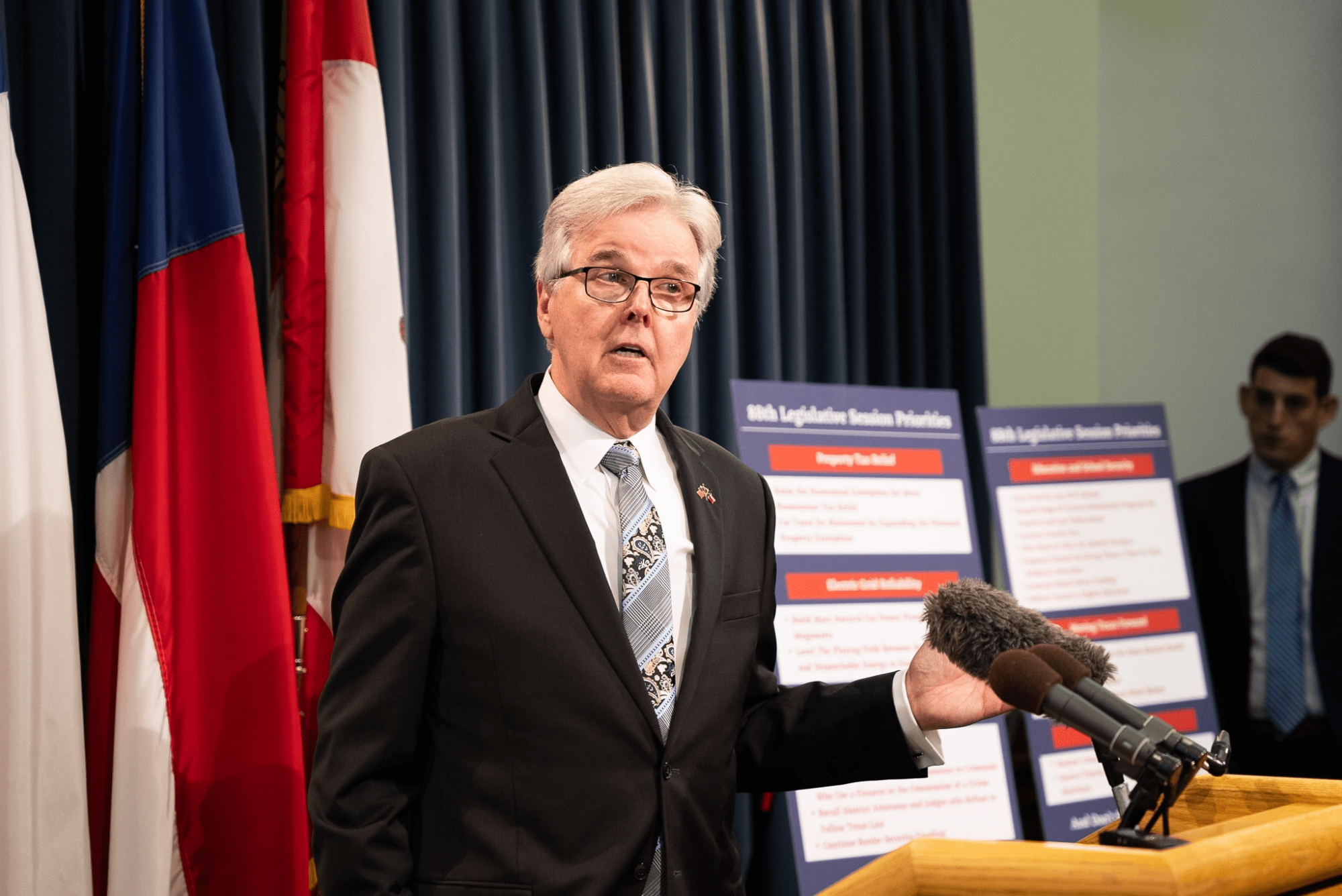It has been correctly said that in our democratic republic, victory goes to those who show up. But what happens when hearings and elections are set at times that minimize the chances of the people showing up? Just look at Tarrant County.
Breathlessly comes word from the Fort Worth suburb of North Richland Hills that “no one” spoke against a proposed 7 percent property tax rate hike. How could that be? Couldn’t have been because the hearing coincided with the first day of school, could it?
Kind of hard to hear from the people when the hearings are so inconveniently held.
The Fort Worth Star Telegram reports the tax proponents say the spike is to pay for the bonded indebtedness approved by voters earlier this year. Well, not all voters—just the 7.8 percent who turned out for the May 12 election.
Of more than 37,000 voters in North Richland Hills, just 1,963 voters cast a ballot that will raise taxes and increase the city’s debt. (Some 930 voted no to the debt proposition.)
And it’s not entirely the debt causing the tax increase… The tax-hike also funds a 7.8 percent increase in the city’s general operating budget. Voters didn’t get to vote on that, by the way.
While the legislature should take action at reforming the state’s broken property tax system, taxpayers torqued by increasing property tax rates and burdens need to start taking action at their city hall.
This isn’t new, but the trend line is disturbing. We find cities and school districts increasingly setting their calendars in a way that seems engineered to minimize voter participation.
Putting a stop to the practice of setting hearings and elections on days and times that serve to minimize participation and maximize particular outcomes will aid taxpayers in their civic engagement.
While the technical process employed is technically democratic, the results do damage to the spirit of our system of self-government.




